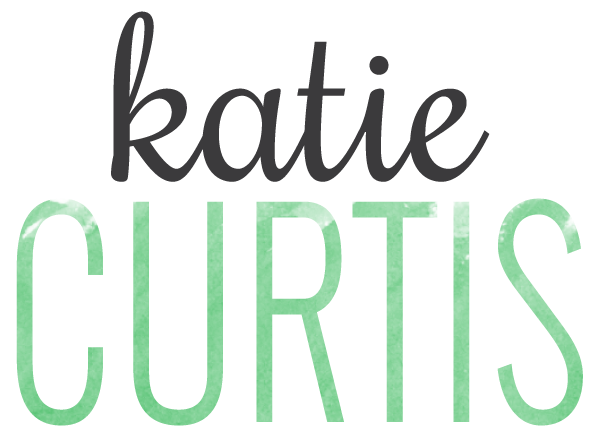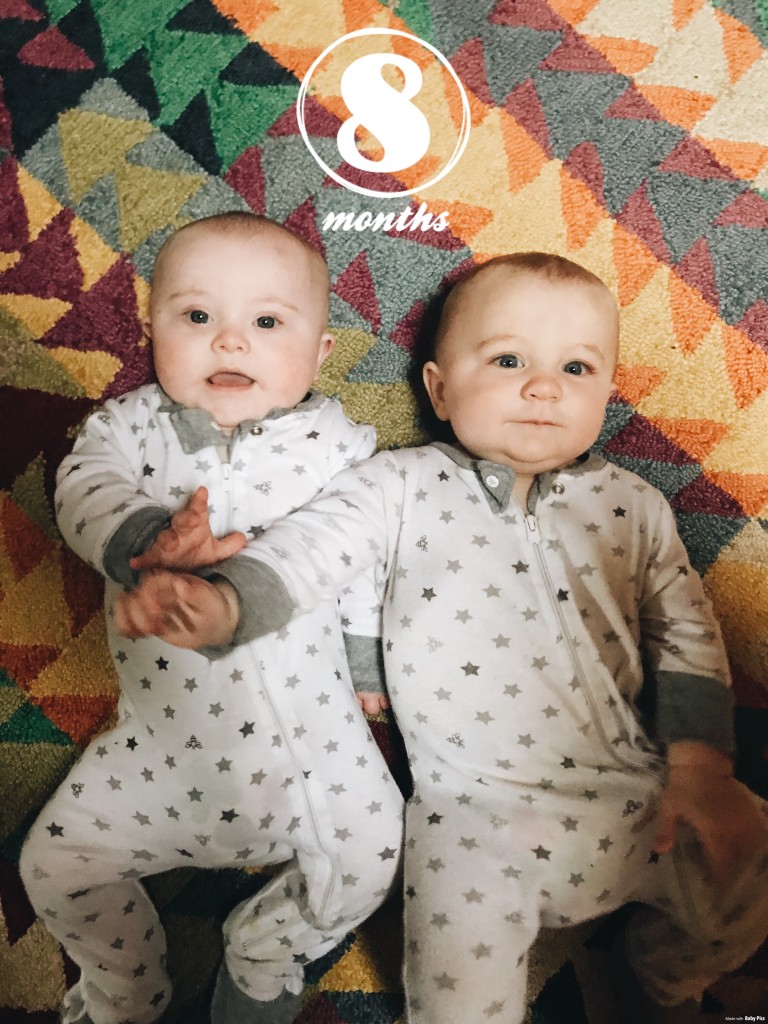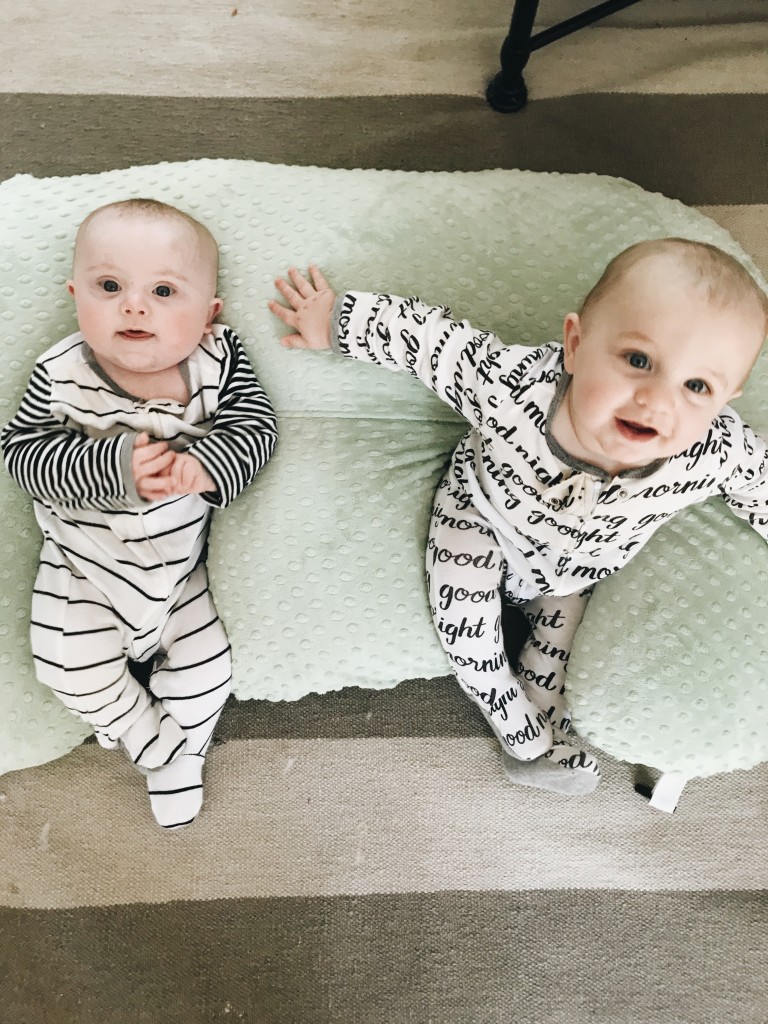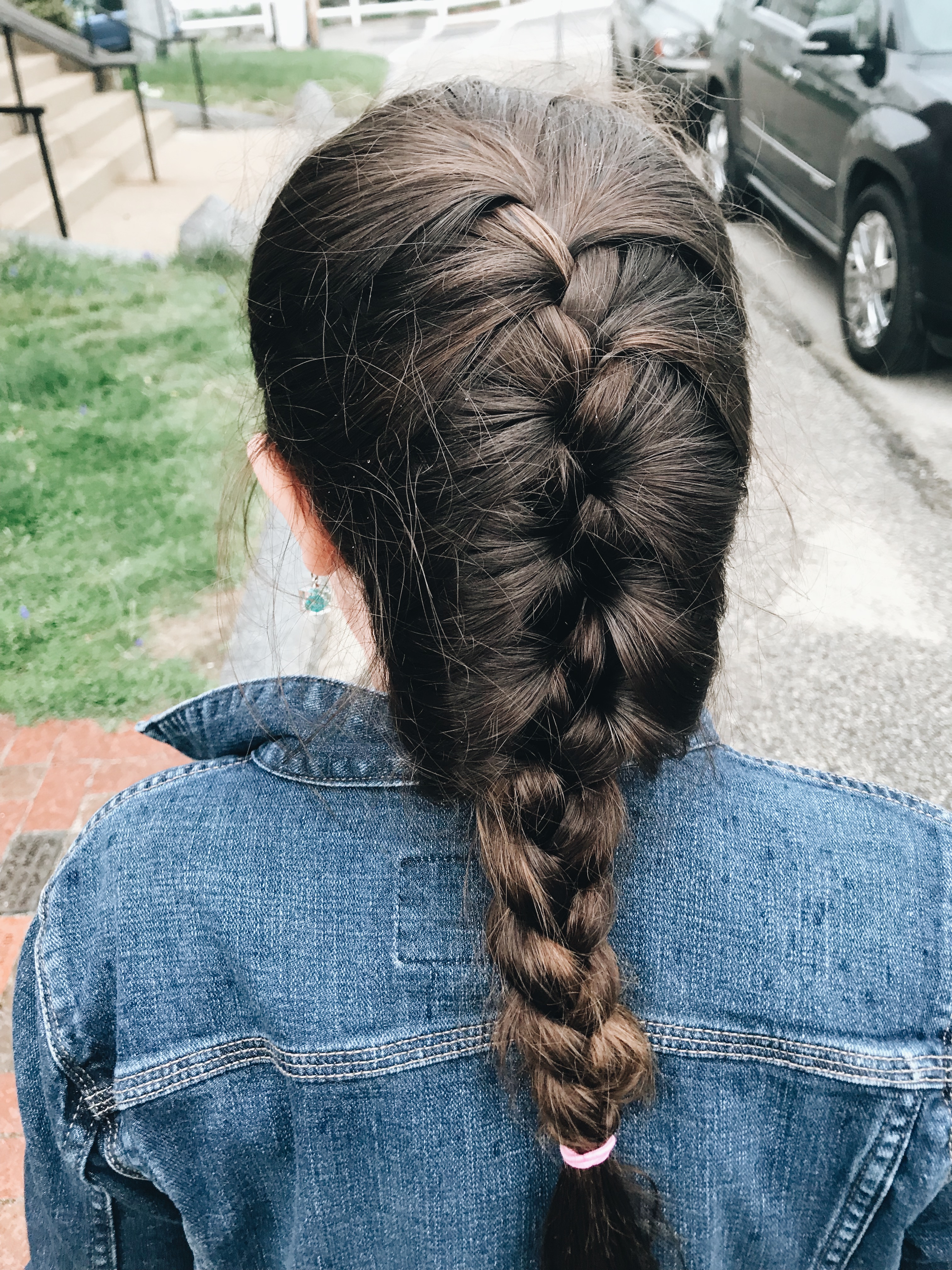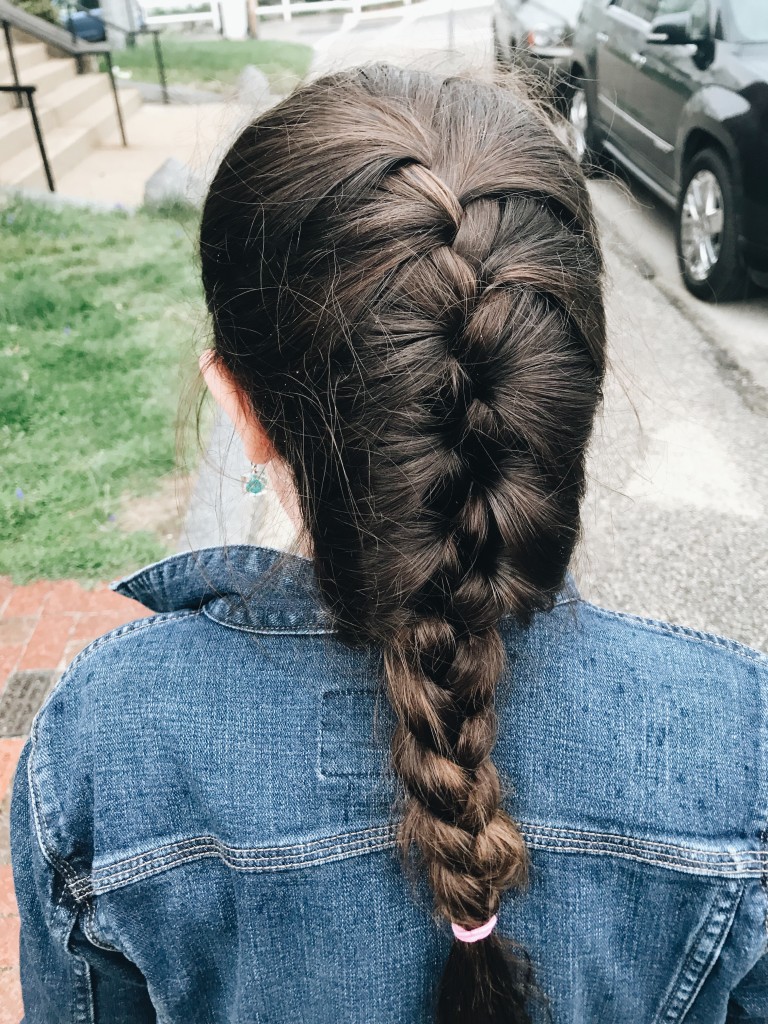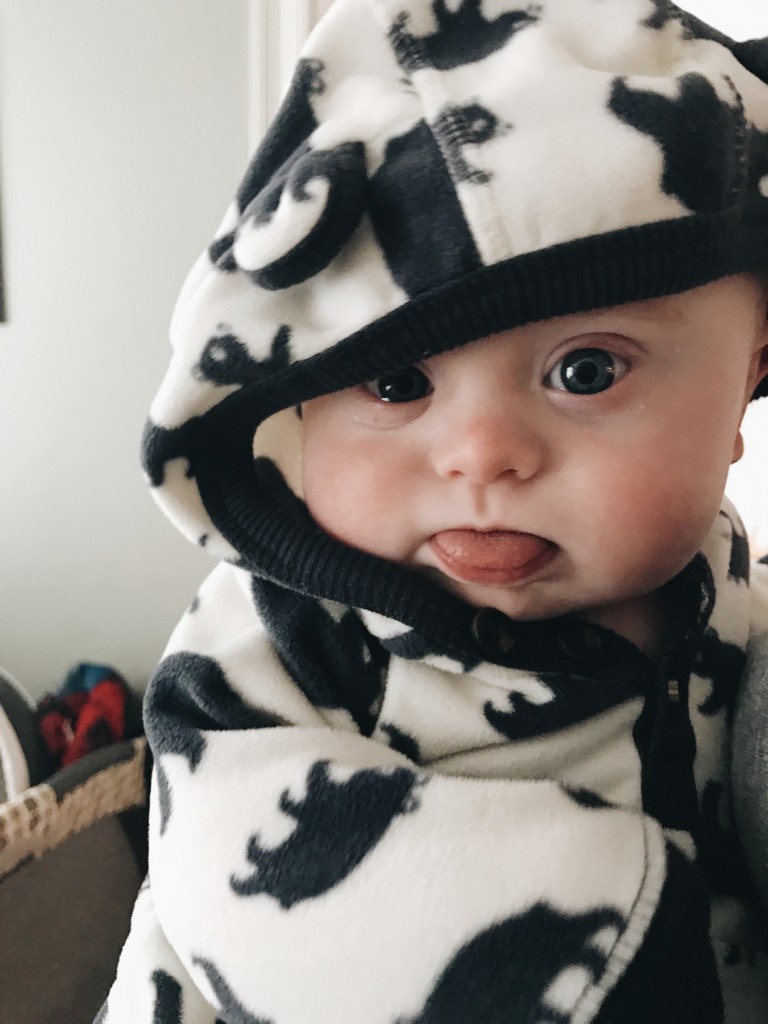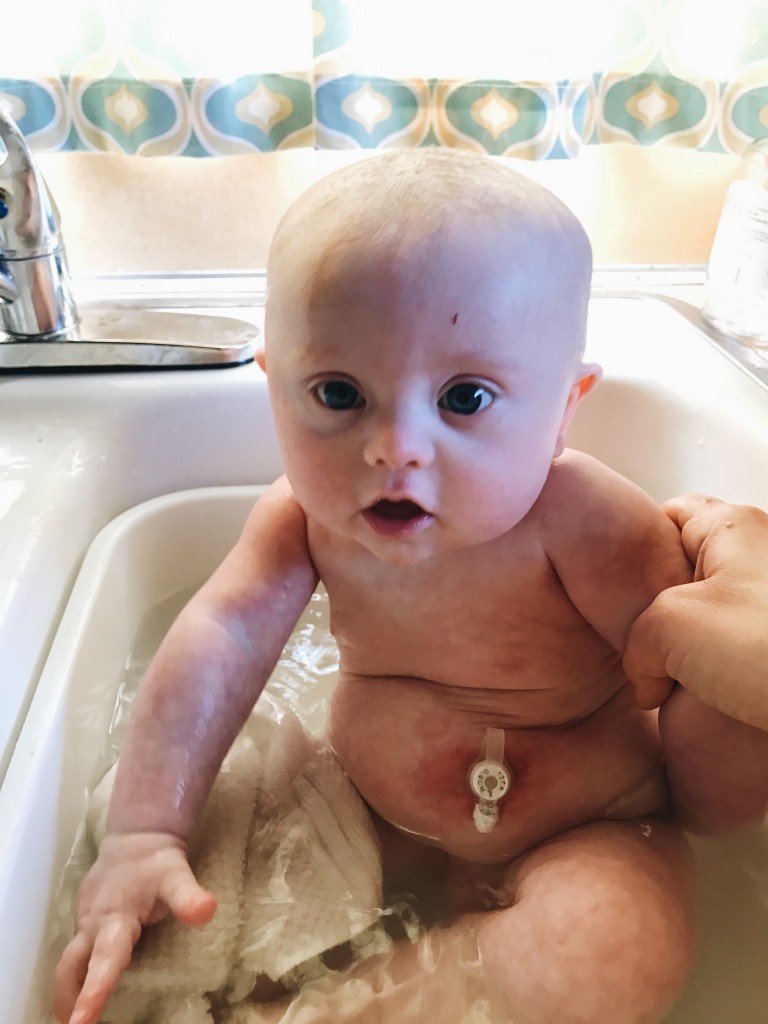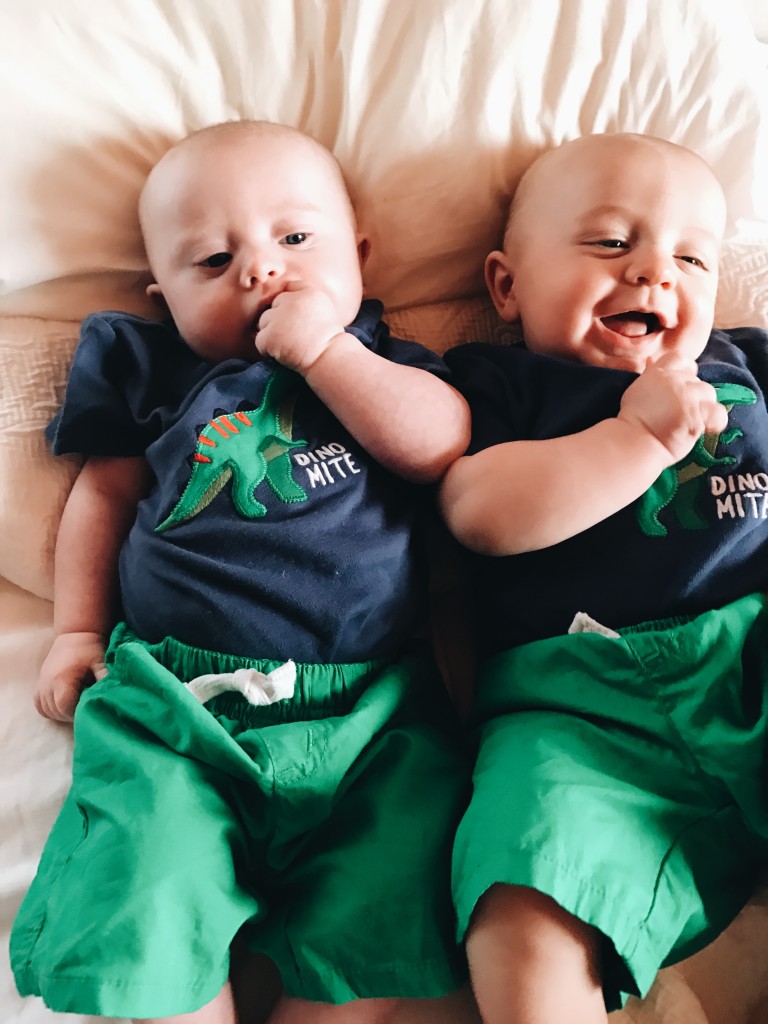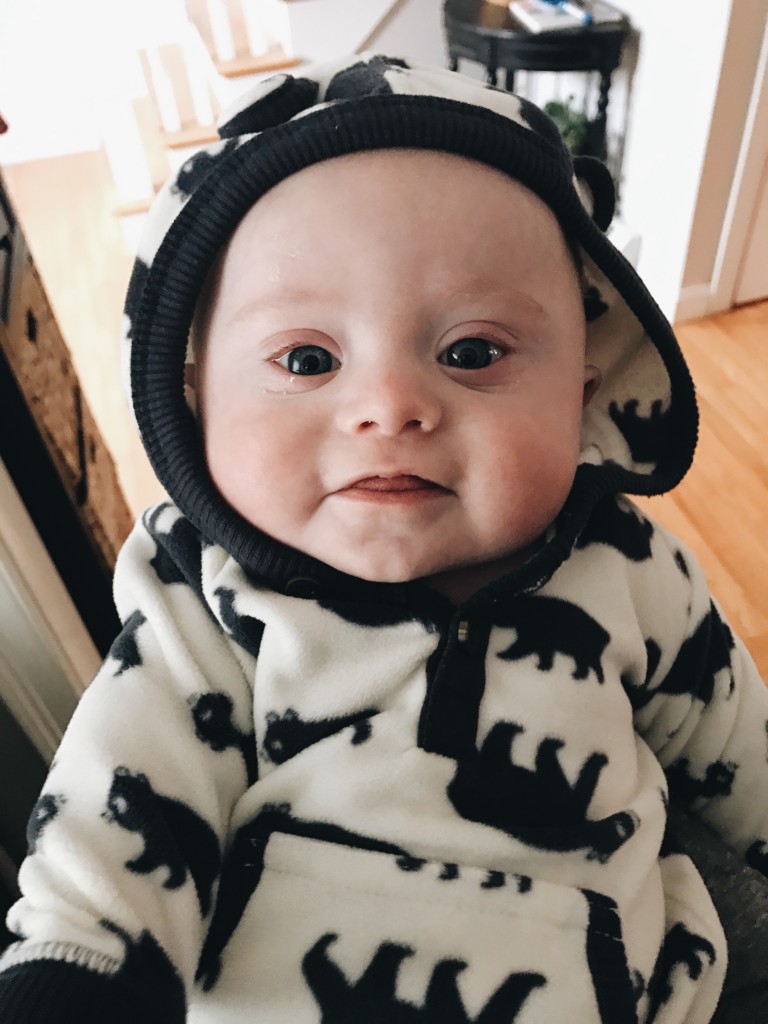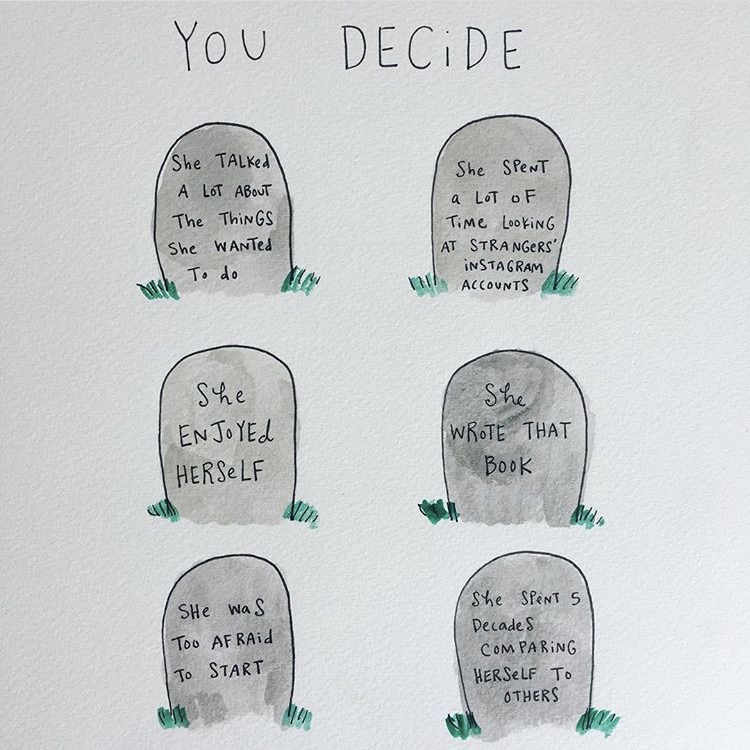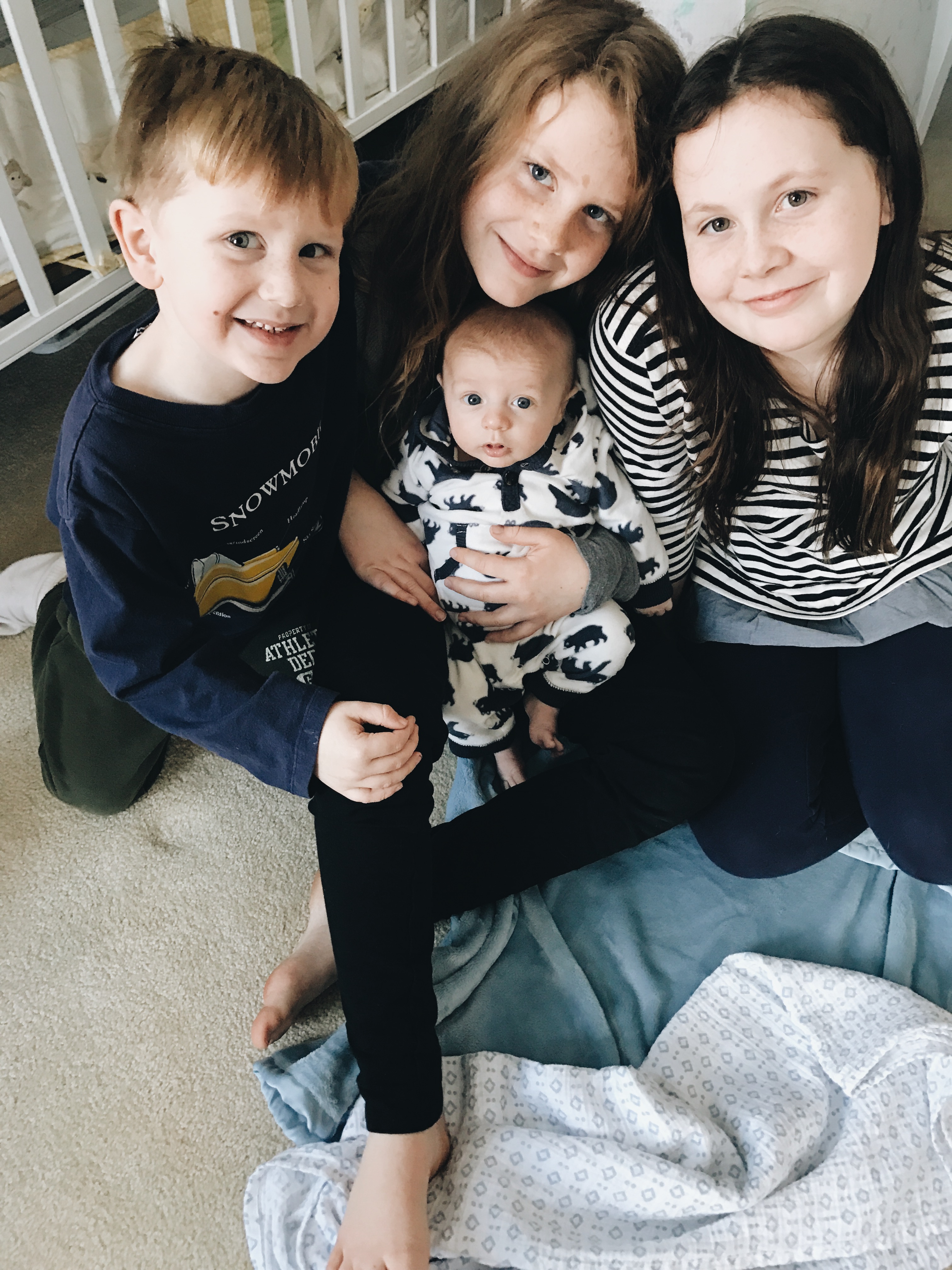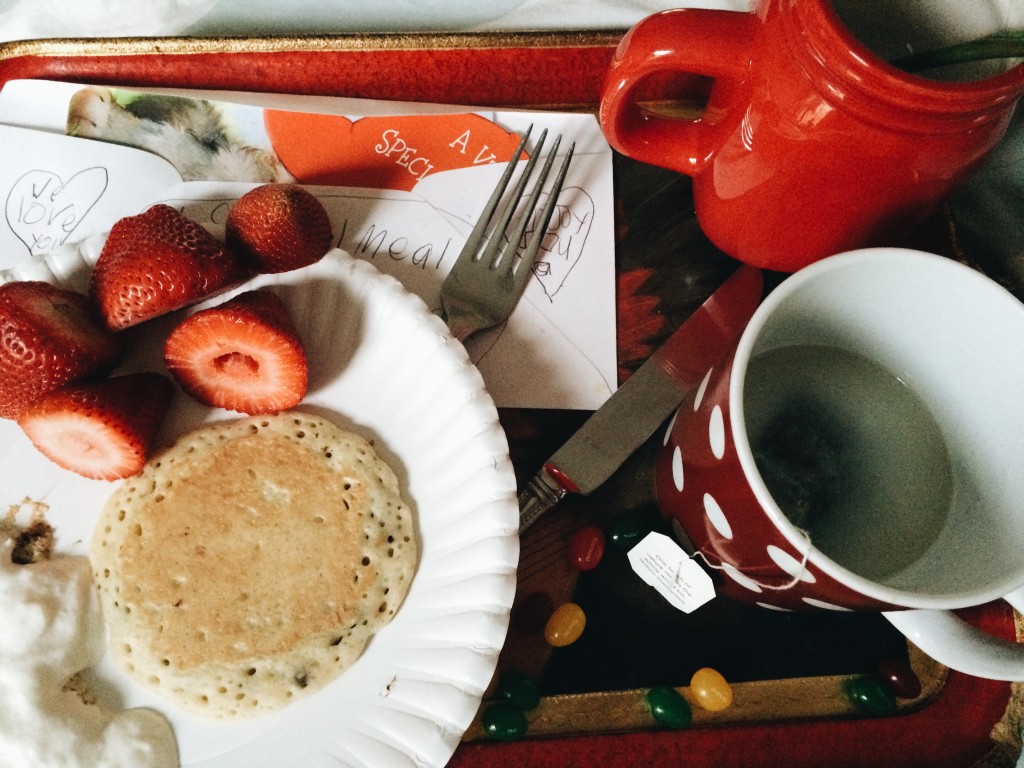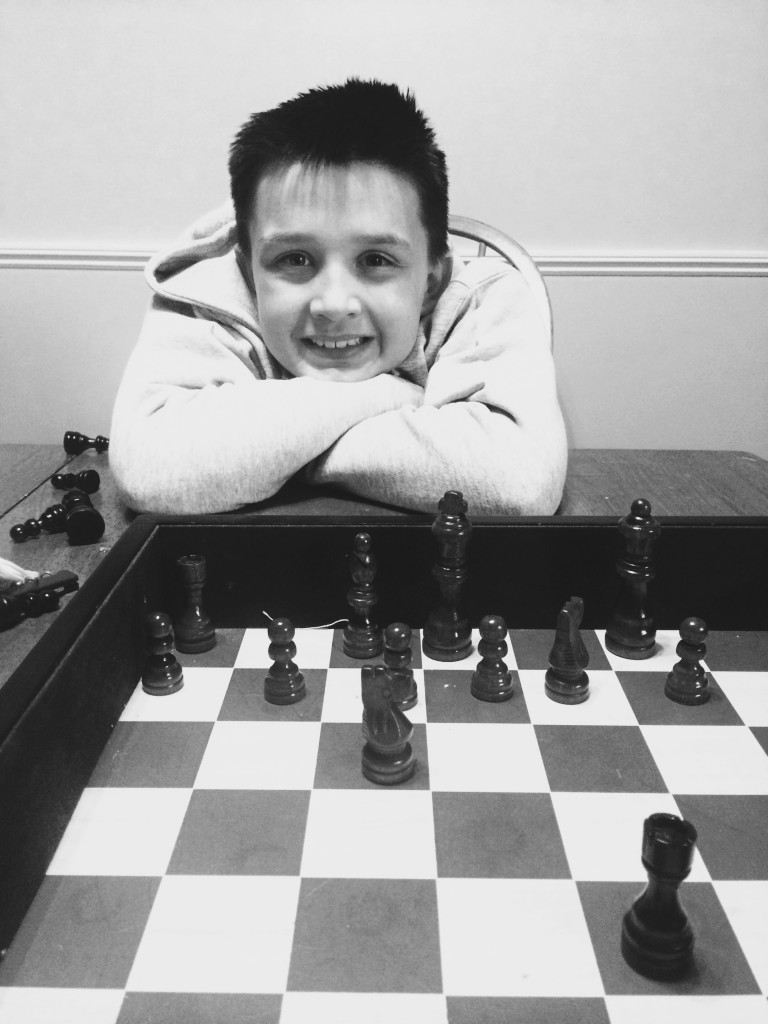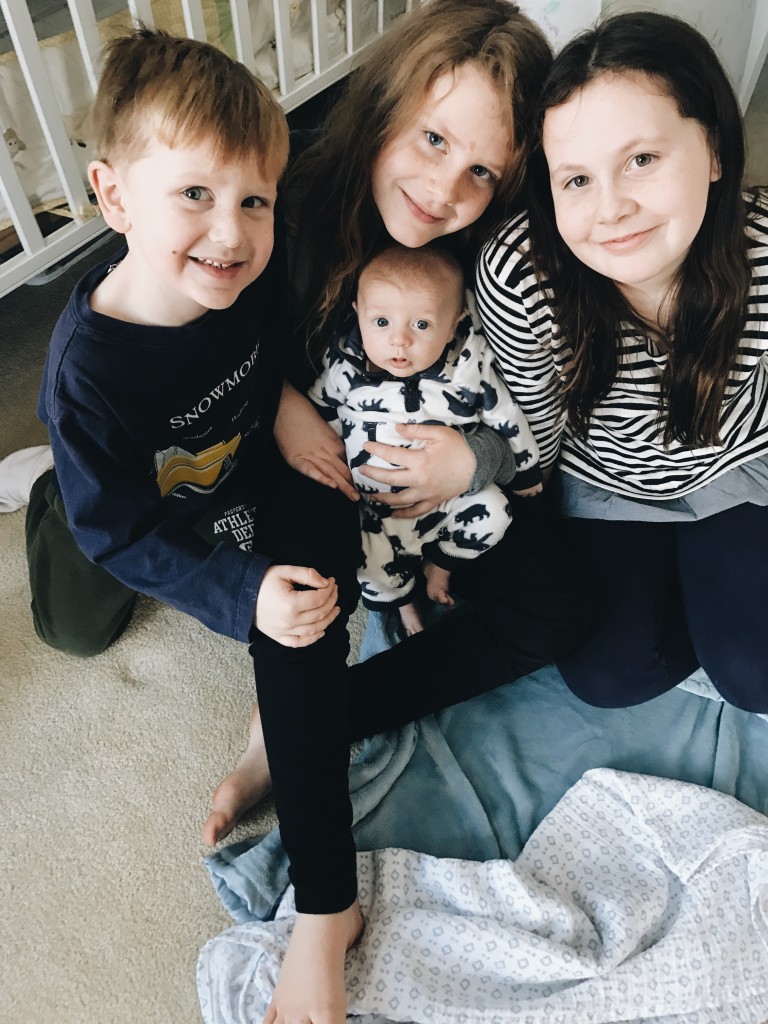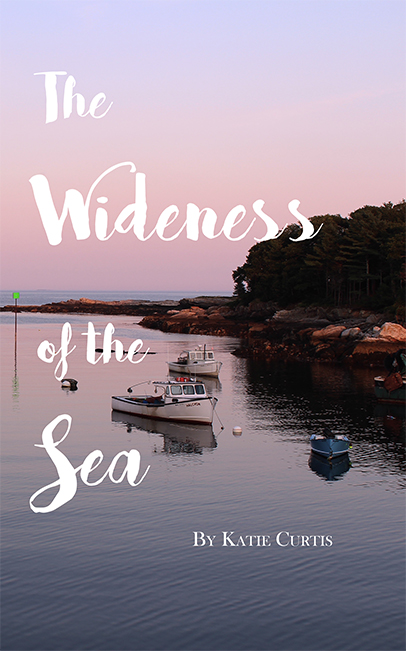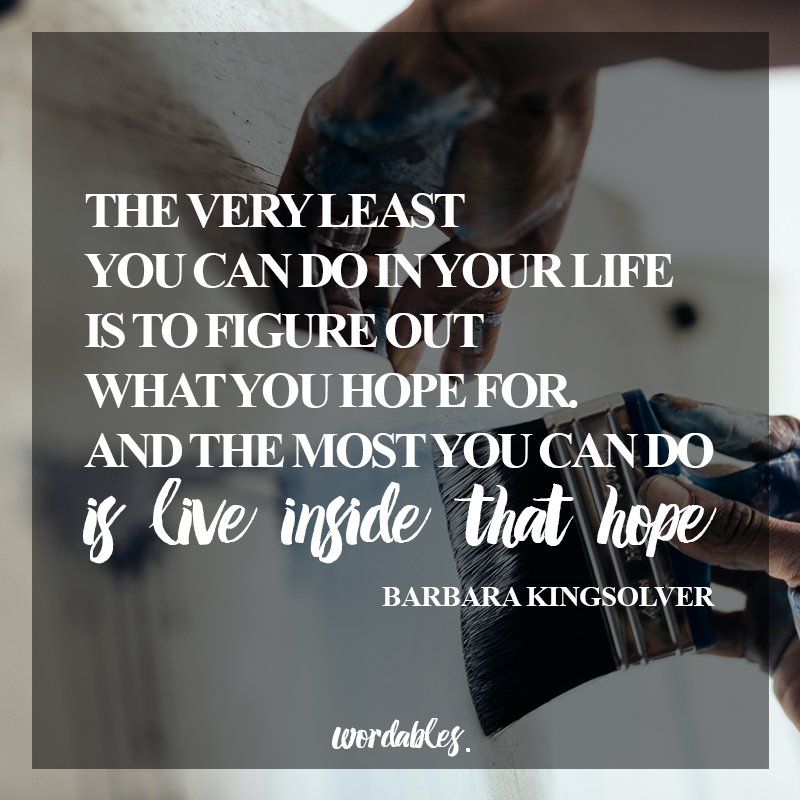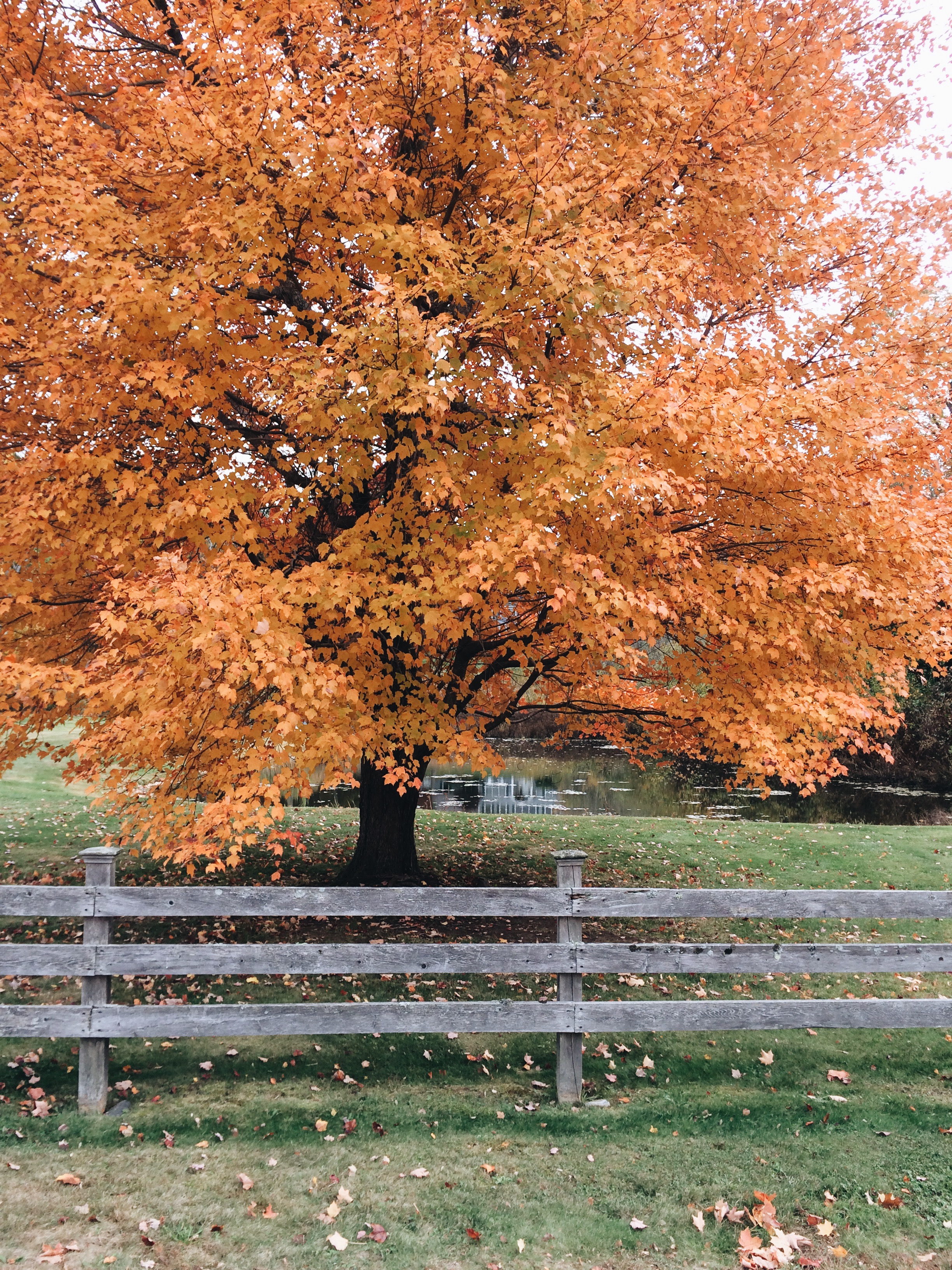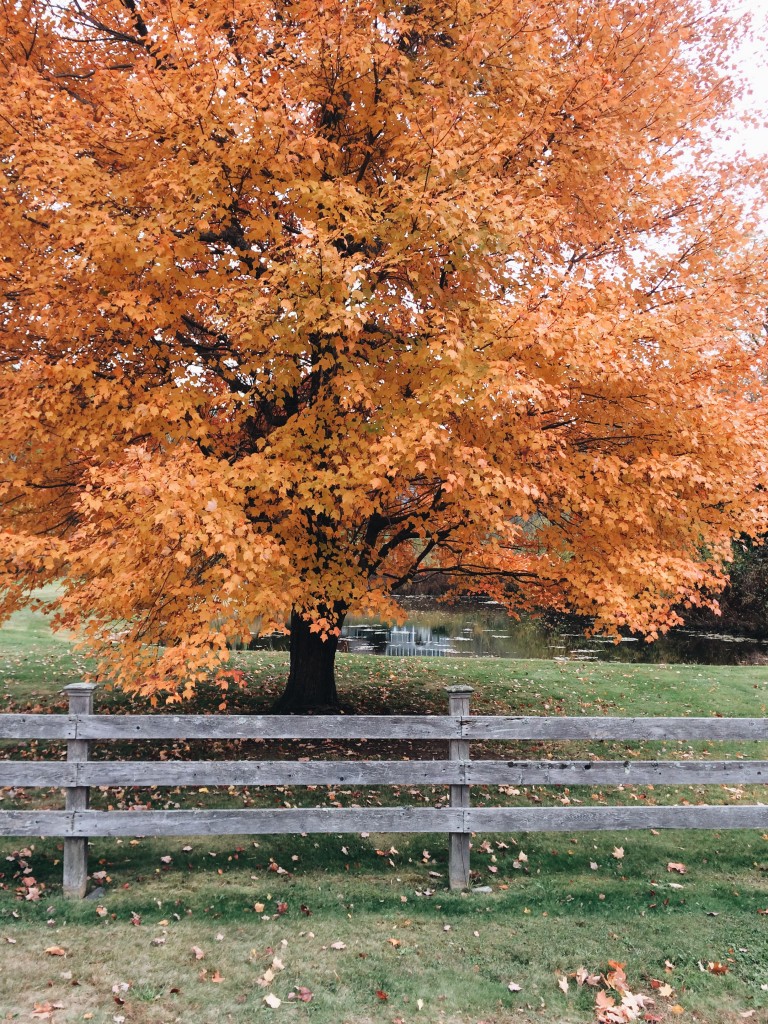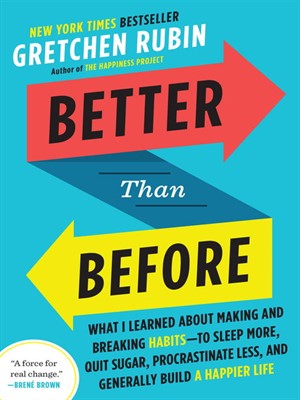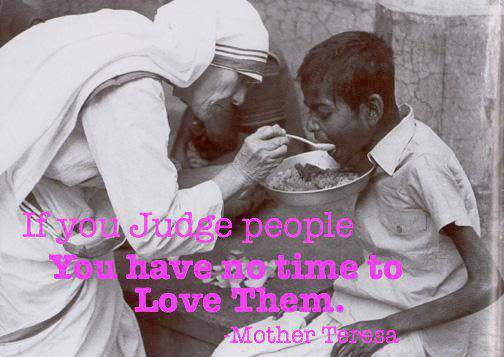What I Learned Having Twins
I thought it might be fun to record what life with 8 month old twins is like for my future self to look back on, and for anyone who has this experience waiting for them in the near future. I should add that not a day goes by that I don’t think of those who have lost one or both twins. We are blessed to have them, I know, and my heart goes out to those who if things had been different would share in this experience too.
This list is actually useful to any parent of children who are close together, really – many of these applied to my life with 3 kids 3 and under as well.
1. Get Used to Humility – Last week I ran to tell my daughter’s coach something at a lacrosse jamboree, and I had two babies crawling around on a blanket. So I scooped them up and ran with one under either arm, and promptly horrified everyone watching. Whether it is getting through a day or a doorway, it will not look pretty sometimes. Any previous notions of having it all together will fall as fast as that next spray of baby spit up. People will just watch and stare as you do normal life events like walking down the street and checking out at Target (because NO cart has room for two car seats). You will need to push two carriages (or a carriage and a stroller) to shop. Which leads me to my next point…
2. Accept all offers of help – seriously. Hold a baby? Help you carry one of those two carts you have? Tie your shoes? Perhaps catch one of the myriad things you will be dropping every day? Yes please, sure. You will cut through that feeling of ‘gee I really should be able to do this on my own’ the first time you try to hold two babies at the same time. In turn, you will feel so much gratitude for the kindness of strangers. The first time I went to the grocery store with the twins, it was to buy dishwashing detergent. I realized in the checkout that I forgot to grab it. The woman behind me sensed my difficulty when I called home to make totally sure we were out (we were) and said, go grab it, I’ll watch the babies. And I let her. And I was so glad I did when I ran my dishwasher that night.
3. Know that no plan for help will be perfect – I was pretty open about the fact that we got an au pair before the twins came, especially since one of them might have Down syndrome. At first it was great to have an extra pair of hands when it took Ronan an hour to drink his bottle. He aspirated anything faster then the preemie-flow nipple, so needless to say he ate *s l o w*. But as he got faster, and didn’t need as long to eat, it became clear that there wasn’t much else she could do, and she struggled with following even the hour by hour schedule I made for her and couldn’t, say, make a meal or reliably get kids ready for sports. We went into rematch. And we waited. I pieced together some sitters, and was so thankful for neighbors on the same teams as all of our kids who were more than happy to give rides. It was much easier to have a great sitter for 10 hours then someone who hung around for 40 without really taking anything off my plate. Since my husband travels for work, and I am approaching a military wife level of solo parenting, I am hoping our next au pair is a help, and we screened her a lot more carefully. But its still a gamble. With the end of school, our needs will reshuffle and (hopefully) there will be a slower pace, but who knows what next week will bring.
4. Live in Day Tight Compartments – This is my mantra. Of course, future planning and being organized does help, but when I think about everything that needs to happen, I try to stay focused on just today. It’s all I can handle.
5. Expect to drop at least one ball a day – somewhere along the way of motherhood I felt like its a good day if I didn’t drop any major balls. With twins, I quickly realized that at least one ball was going to be dropped each day, for sure. Forgot about a birthday party? Didn’t get the memo that its red white and blue day? It made it a lot easier to not beat myself up when it happened.
6. Know that your marriage will be challenged but you will come out stronger for forging the experience together. When I was pregnant and scouring tips for life with twins, one couple shared that they made it a rule that they couldn’t get divorced until their twins first birthday. By taking it off the table, they were able to go through the most brutal times without that option. You are both so stretched thin that extra grace and forgiveness is required. And giving each other breaks has always been important to us, but this is definitely more challenging with twins. In the end, hocking your wedding ring to pay for help or a date night now and then is the best way to weather your first year with twins.
7. Know that it will take you 30 minutes longer to do anything – this is partly because twins draw a lot of attention, so getting through a store or down the street for a walk seems to attract people. I remember leaving the school music concert and my husband was just standing at the door tapping his wrist saying ‘we have to go!’ because so many people wanted to stop and see the babies. I always say we love baby lovers, but it has lead to being a few minutes late for picking up my son at preschool or for a sitter because of people stopping me to see them. And of course there is the other end, which is packing up everyone to leave. Getting two small people in their car seats packed for the day or an outing takes a shockingly long time. I started to watch the clock and realized it always takes 30 minutes longer than I think it should.
8. Get used to your own company – it is a good thing that I am ok spending time with myself, because there is just a lot of isolation with babies. I suspect having older kids has buffered me a bit from this, because of seeing people at sports and birthday parties. But there are long weeks and even longer days where I think back and realize that there was barely 5 minutes I had to spend on myself, and with that comes little time to invest in friendships. Thankfully I have wonderful friends that are there for me through this year. But there are hours where I am rocking a baby, or entertaining two laughing faces while I shoveled food into their mouths. Music and podcasts help too when your hands are occupied. So does plotting my next novel.
9. Have a lot of grace for yourself – Another twin mom (Christy Brunk for those who know her) messaged me this sage advice right after I had the twins. I am so glad she did because I repeat this to myself almost every day. There are so many times where my writing brain hurts because I don’t have enough time to write, or things aren’t where I want them to be, and I just have to remind myself that this year is not the year for a whole lot of progress or self-improvement. Surviving is enough. There is a peace that comes with being enough right where you are, and I am thankful that this year has taught me that. Not that any of this is easy, because for some one like me who loves to grow, it is still hard. In fact the number one thing I have to have grace for is not doing enough self care. I will find my way back, but for now, granting myself this grace + living in day tight compartments helps me to not get discouraged.
10. Stay in the present moment – Like #4, the beauty of keeping your focus on the now helps in so many ways. I know it is overly talked about but staying in the now is the only tangent point to eternity we have. It is harder to have anxiety about the future or depression about the past when you are in the now. It is where we can access the grace and strength we need to get through hard things. There were so many moments in the middle of the night that I just couldn’t figure out how I was going to last until morning, or when two babies were crying and needed diaper changes, bottles and naps simultaenously. But I prayed in those moments, and here we are, months later, and we are ok. I hope to take this lesson far deeper into my life than just this year.
So there you have it, a few of the ideas that helped me survive having twins. I’ve said before, this year is one of our most intense. But these smiling faces get me through it every time.
